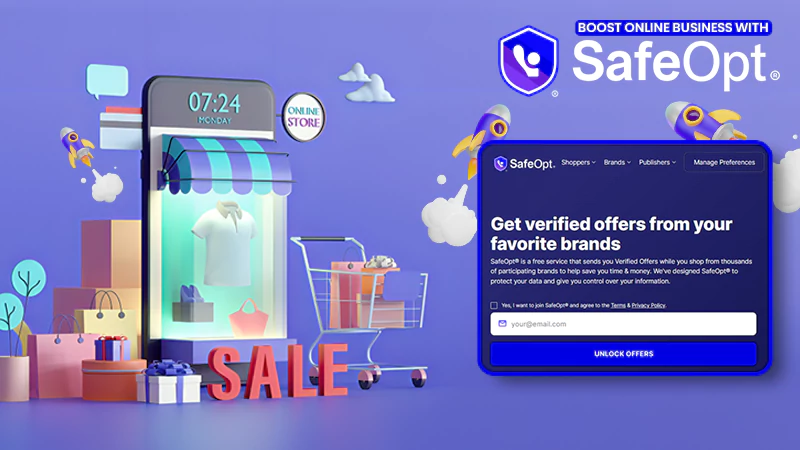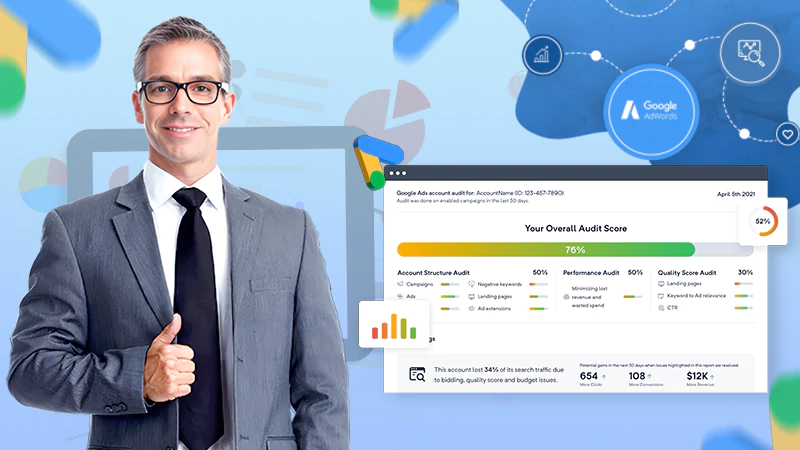The Importance of Data Enrichment
The building blocks and source of all business knowledge is data. Companies rely on the information they have in their databases and can quickly access it for insight extraction. However, the necessary data is often scattered among multiple sources. For those businesses that need data integration to get the final informational asset that gathers the necessary data points into a single location.
Additionally, the data owned by the company might be deficient in itself, thus another process – data enrichment – is needed. Enriching business data is a great way to fill the gaps in the information that the firm already owns by turning to a third party.
What Makes Data Richer?
Data enrichment can be generally described as the process of integrating the company-owned data sets with the data from a reputable third-party source. After such integration the data is enriched; therefore, made richer in both its quantity and quality. But what exactly does it mean for the data to be richer?
Well, first of all, quite obviously, there is more data after the procedure. And more data has the potential of leading to being better-informed. Thus, one becomes richer in knowledge after enriching business data.
But that is not the only sense in which the company becomes richer. The quality of information also rises as enriching the data sets with third-party data allows removing a lot of defects in the original data set. This includes the removal of errors, inaccuracies, inconsistencies, redundancies, and other issues that diminish data quality. And making the quality of something one owns better makes one richer just as if not more as increasing the quantity of the assets owned.
The Importance of Enriching Business Data
The general benefits of data enrichment have been outlined above. But the real importance of the procedure lies in how enriching business data translates directly to advancing business goals. The true business value that data enrichment brings to the table is exemplified by the few examples below.
Boosting Lead Generation.
The additional and improved data that comes with the enrichment process can turn into more and better leads. The authoritative third-party source might be able to provide the contact details of the potential customers as well as other needed information that helps to score and convert them. Furthermore, enriching the lead data already owned by the company might provide a more comprehensive view of the prospect, thus revealing more about its potential value for the firm. Therefore, more attention can be given to the higher-quality leads while some previous leads may be revealed to be something else and dropped altogether.
Preventing Data Decay.
Data, just like any other asset, is subject to diminishing worth and usability over time. Records get outdated as contact numbers or e-mails as well as addresses change, companies close and reopen under new names, and so on. Enriching business data by integrating it with the information from a recently updated source helps to prevent and reverse such decay. That way companies can avoid major errors and reputational damage that comes with following outdated pieces of information.
Improved Customer Retention.
Data brokers and other companies might be in possession of valuable additional information about your existing customers. Integrating such data with the data points you already have can drastically improve your understanding of your own customers. And better understanding leads to better service and anticipation of the customer’s needs. This in turn is bound to improve customer retention rates as well as the chance of good word-of-mouth advertising.
Better Talent Recruitment.
The additional data that comes with enrichment can also help to advance the recruitment goals. Such data might include talent information that allows recognizing the best potential employees and their requirements for the workplace so that the firm can determine whether it is the right fit. Additionally, various job posting data helps to see what the competition is doing in talent recruitment and learn from their best practices as well as efficiently compete with them.
Cost-efficiency.
Finally, it should be said that enriching business data with the data points provided by an authoritative data supplier is cost-efficient. Gaining the same volume and quality of data on its own for a company that does not directly specialize in data gathering will usually prove more expensive. Thus, data enrichment is a cheaper as well as faster option.
Summing Up
Data integration and enrichment using the data sets provided by a reliable third-party source is an important practice constantly utilized by the leading companies in many fields of business. The importance of this procedure lies in the many benefits it brings and the fact that virtually no growing company can collect all the valuable data on its own. Thus, data enrichment ranks high among the familiar data handling processes that are not going anywhere in the foreseeable future.
The Challenges and Benefits of Removing Negative Online…
Unlock the Simplest Way to Access LaSRS Login…
Strategic Wins: How SafeOpt Can Boost Your Online…
5 Reasons Why Marketing Matters in Business?
Google Ads: What Are the Basic Checklists to…
The Crucial Role of Press Releases in a…
8 Best Tech Tips to Implement for Better…
Fax Machines in the Digital Age: A Sustainable…
Breaking Barriers: The Power of Business Translation Services
Why Do Businesses Need a Dedicated Mobile App?
The Role of Onboarding in Improving Employee Retention…
3 Major Benefits of Onsite IT Support












